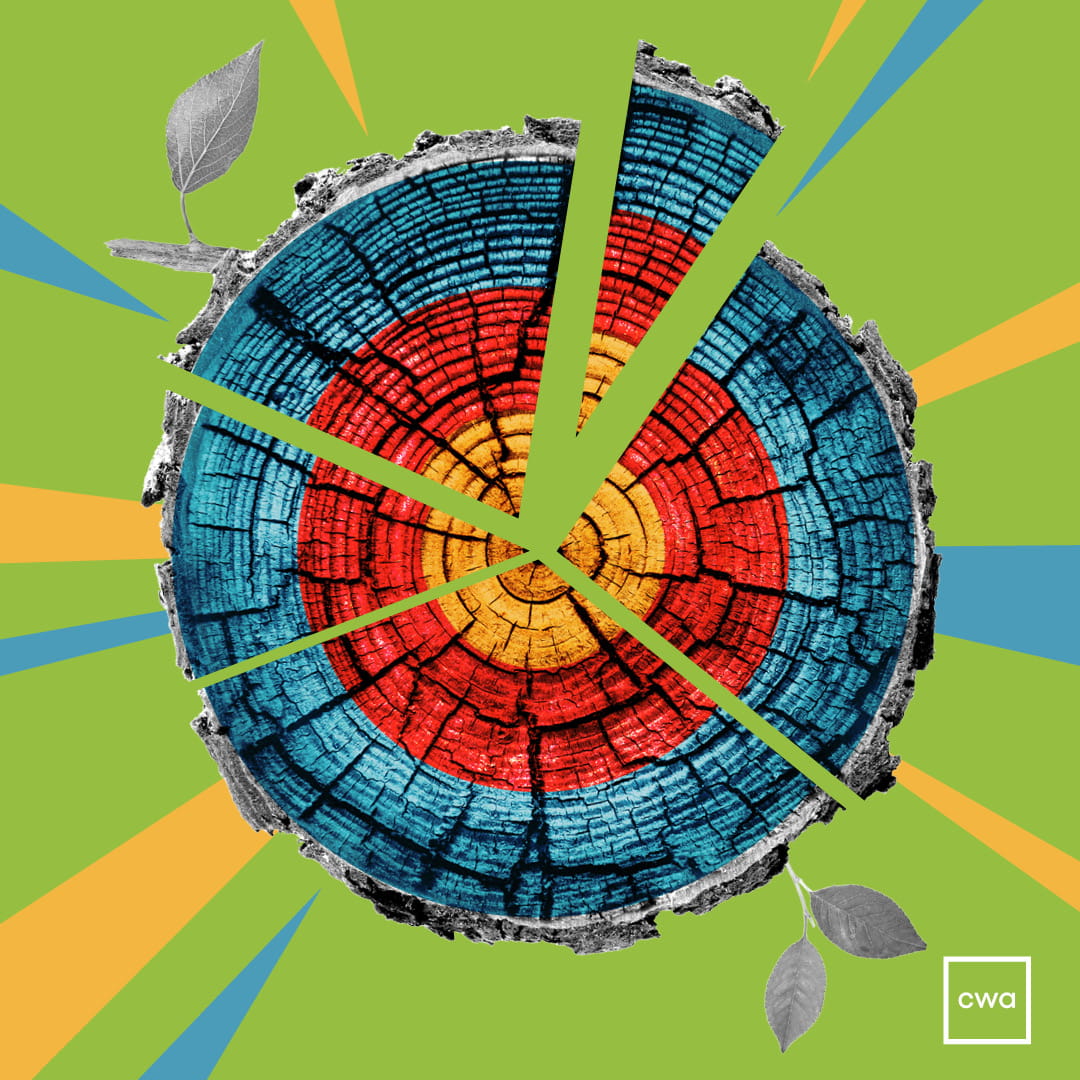Amongst the many social media platforms available, TikTok has emerged as one of the most influential in recent years, offering a space for creativity, engagement, and viral content that can propel brands or individuals to new heights.
TikTok has shaped trends and redefined the way businesses and individuals connect with their audiences since it skyrocketed in popularity after merging with Musical.ly in 2018. In a recent turn of events, TikTok in the U.S. nearly came to an abrupt pause in January 2025, sending ripples through the industry and leaving creators, businesses, and marketers wondering what comes next.
The Drama: Politics vs Privacy
The battle between politics and privacy has been brewing for a while. TikTok has faced intense scrutiny in the U.S., with growing pressure from the government over data security and access concerns. The debate has centred around fears that user data could be accessed by foreign entities, sparking national security worries.
This tension finally came to a head when it took an executive order to stop the U.S. officially banning TikTok on January 19, 2025. This would not have been a first, India banned TikTok back in 2020 over similar security concerns, while the EU has repeatedly imposed regulations on major tech companies to limit data collection. Yet, this impending ban feels different. TikTok is now deeply ingrained into the lives of so many people, making the decision to ban it an impactful one. Today, TikTok is partially banned in multiple countries, including Australia, Belgium, Canada, Denmark, France, Latvia, New Zealand, Norway, Taiwan, and in the EU.
Challenges of Banning TikTok
It’s not as easy as just switching off TikTok. Users are tech-savvy and can easily bypass restrictions using VPNs, making enforcement a nightmare. Even if TikTok disappears from app stores, anyone who already has it downloaded can often keep using it unless more extreme measures are taken.
Then there’s the massive impact on businesses and creators. TikTok isn’t just a place for dance trends and viral challenges; it’s now a serious money-making machine. Thousands of influencers, brands, and small businesses rely on the platform for income, marketing, and audience growth. Yes, they could switch to Instagram Reels or YouTube Shorts, but those platforms don’t always offer the same reach, engagement, or TikTok’s magic formula for making people go viral overnight.
Let’s not forget who this affects the most: Gen Z and younger Millennials. For many, TikTok isn’t just an app it’s their go-to for entertainment, news, and even career opportunities. Taking it away could feel like ripping out a core part of digital culture, sparking a major backlash. Plus, if TikTok is ultimately banned in the US, it raises a larger question: what’s next? Could other social media platforms face the same fate?
What’s Next for TikTok Creators?
With TikTok gone (or at least severely restricted), creators are left wondering: what now? The economic impact is no joke—many influencers and businesses have built their entire brands on TikTok, using it to generate income through brand deals, sponsorships, and product sales. Without it, creators will have to rethink their strategies, and some may even see their earnings take a serious hit.
Every platform has its quirks—Instagram’s latest grid update, for example, has changed how posts appear, which could impact content planning and aesthetics. Some creators might pivot to long-form content on YouTube, while others could experiment with newer platforms hoping to fill a TikTok-shaped void. Either way, adaptability will be key. The digital landscape is constantly shifting, and for creators, staying ahead of these changes will be the difference between thriving and fading away.
What Does the Future Hold for Us All?
The TikTok ban in the U.S. could have far-reaching consequences for the future of social media worldwide. While it may not have immediate global repercussions, it will set a precedent for other countries to impose similar restrictions, especially where concerns over data security, foreign influence, and national sovereignty are growing. If other governments follow suit, social media could become increasingly fragmented, with platforms being restricted or reshaped based on regional policies. This could also accelerate the rise of homegrown alternatives, decentralised networks, or stricter regulations on global tech companies.
Adapting to a New Era
The future of TikTok in the U.S. remains uncertain. Will an American buyer be found before the 75 day reprieve runs out? If not, can Trump extend the reprieve further and will he? If the ban is enforced, how long before the security and stability of the app gets compromised with no updates?
These questions leave TikTok creators, users, and businesses in a state of limbo. Meanwhile, rival platforms like Instagram Reels and YouTube Shorts may be poised to benefit from an exodus of TikTok users and creators. But will they truly replicate TikTok’s unique ecosystem, or will users demand something entirely new?
At CWA, we recognise that change is inevitable in the fast-paced world of digital communications. Adaptability remains the key to success. The brands and creators who embrace change, explore new opportunities and remain agile in their approach will continue to thrive in the ever-changing digital landscape. Our focus, as an agency, is remaining on top of the ongoing changes to networks and their functionality. We are well-versed in providing strategic guidance to our clients in order to ensure brands achieve their potential on social media.
To learn more from our social media expertise, get in touch today.



